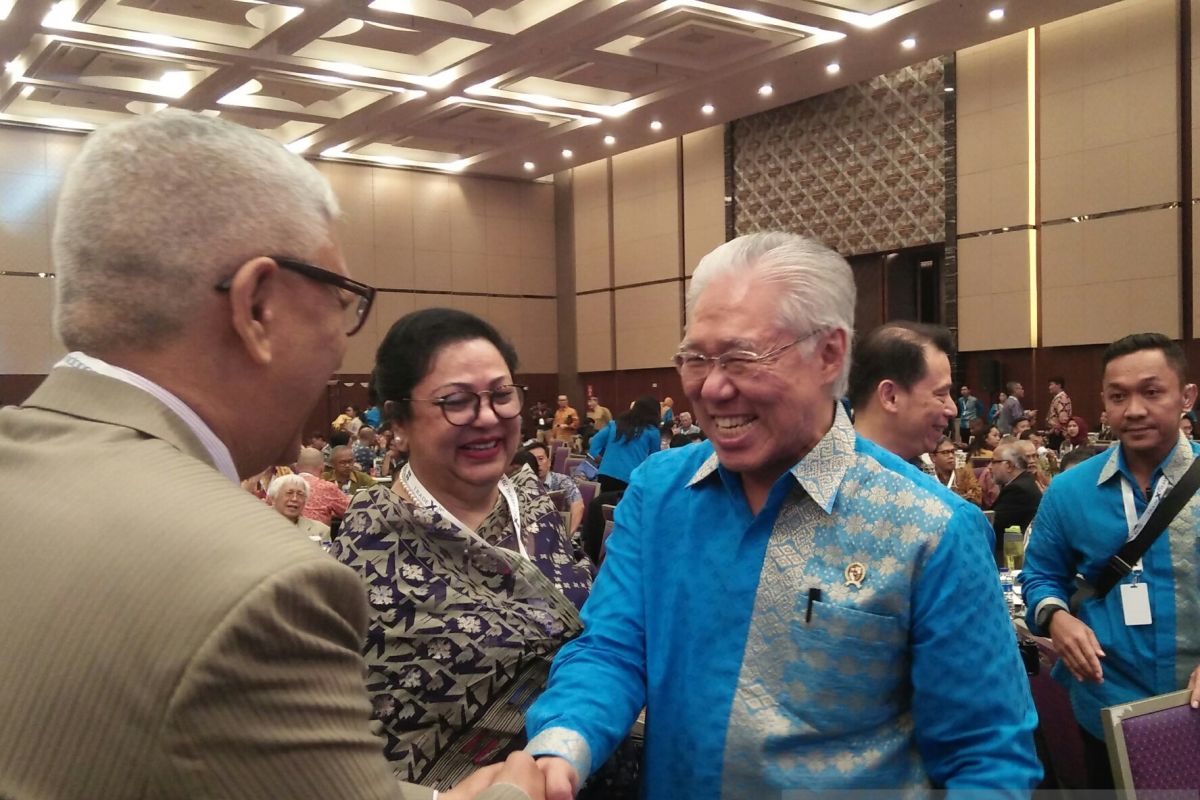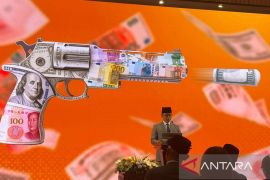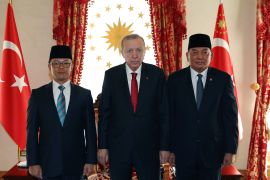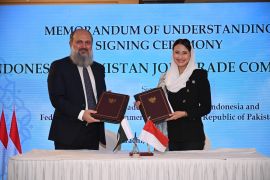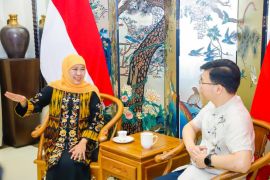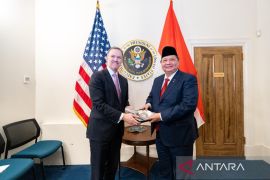"The non-traditional markets include Eurasia, Bangladesh and some African countries," he said at the Trade Expo Indonesia held at ICE BSD Tangerang, Banten, on Wednesday.
The eight export destination countries and regions outside the main markets for Indonesian exports are Morocco, Bangladesh, Tunisia, Turkey, Djibouti, Pakistan, Iran and the Eurasian countries, he said.
The Eurasia region includes Armenia, Belarus, Kyrgyzstan, and Russia, which offer great market potential for Indonesia.
Related news: Indonesia strives for export diversification in Pacific countries
In addition to the eight non-traditional markets, Indonesia also signed trade pacts with the European Union, other ASEAN member states, China, India, Japan and South Korea.
He said they also reviewed previous trade agreements including the ASEAN-Australia and New Zealand Free Trade Agreement (AANZFTA) and the ASEAN Free Trade (AFTA).
The diversification of export markets focusing on the non-traditional market is necessary to respond to the current uncertain global economic situation involving the main export markets for Indonesian products, he said.
China and the United States which are the main export markets for Indonesian goods are currently involved in a trade war.
In addition, the United States also plans to impose 10 percent duty on Airbus planes and 25 percent duty on coffee, wine, cheese and pork from Europe starting October 18, 2019.
Related news: Minister to expand export market to improve trade balance
He said China's industrial growth in the second quarter of 2019 only reached 4.8 percent, the lowest in the past 17 years.
Similarly, Germany, known as the most stable manufacturing state, saw economic growth of minus 0.1 percent.
In Asia, trade tension between Japan and South Korea also increased after Japan restricted the export of raw materials for chips and cellular phones and excluded South Korea from the white list of exports.
The condition will reduce regional production networks and have an impact on the global electronic product crisis, he said.
Related news: Government attempts to secure Indonesian export market in US
Translator: Dewa Ketut Sudiarta Wiguna/Suh
Editor: Rahmad Nasution
Copyright © ANTARA 2019
